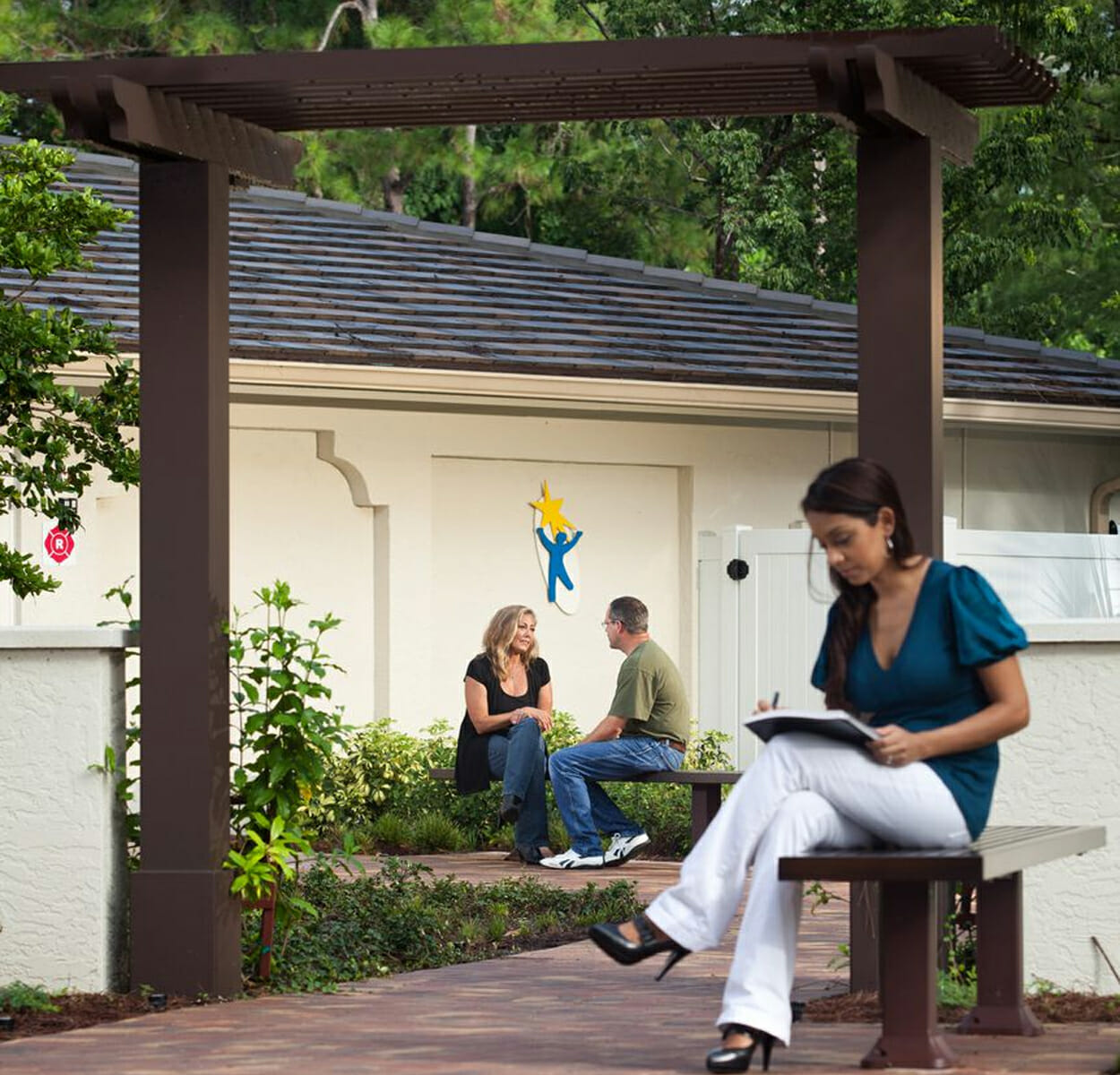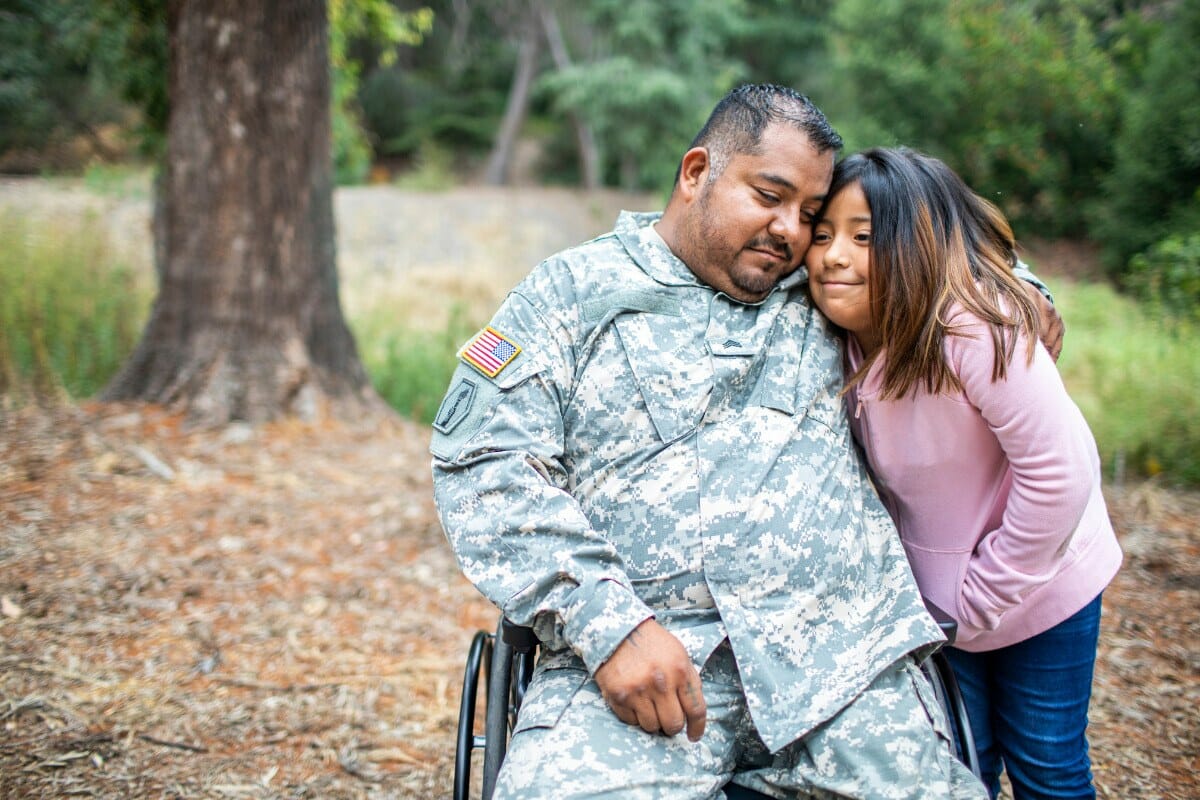
Battling Peer Pressure
Published in the July 2016 “Teen Issue” of eBella Magazine.
By Nancy Dauphinais, David Lawrence Centers Chief Operating Officer
A national research study demonstrated that that kids who played a driving video game while their friends were watching took more than twice the number of risks when compared to playing the game alone. This outcome points to the well-known phenomenon of peer pressure.
Seeing others take risks and achieve goals can be part of a healthy social learning process that spurs us on to greater growth. However, kids often give in to peer pressure because they want to be liked, to fit in, or they worry that other kids might make fun of them if they don’t go along with the group. This kind of peer pressure can lead kids to engage in unhealthy and even dangerous behaviors.
The reality is that most students are offered drugs or alcohol by a peer before they graduate from high school. Using substances can impair kids’ ability to make good decisions, and this can make kids even more susceptible to peer pressure. This can lead to additional substance use, or other risky behaviors such as having unplanned sex or driving while under the influence.
To help the kids you care about make the best choices possible in the presence of peer pressure, consider the following tips:
- Build their self-confidence
- Talk to teens about your values and beliefs
- Get to know their friends
- Advise them to “choose their friends wisely.” If they choose friends who don’t use drugs, smoke cigarettes, skip class or lie to their parents, then they are less likely to do these things either
- Discuss the kinds of pressure they may experience before attending a party or social event and rehearse different ways to say no
- Develop a “bail-out” signal for times when it’s hard to say no. Make sure you’re accessible (or designate another responsible adult) so that you can remove them from a high-pressure situation
- Affirm and positively reinforce your teenagers when they make good choices
Encourage teens to ask themselves these questions before making a decision:
- What are all of my options?
- What are the pros and cons of my decision?
- Who else will be affected by my decision?
- Could this decision get me into trouble? What kind?
- Is this the right thing to do or just the easiest thing to do?
- Will this decision make me feel good about myself?
- Will it make my family proud of me?
- Will it put my personal goals in jeopardy?
- What kind of example am I setting?
Whether their peers are cajoling your child to break your house rules or to entertain illegal and unhealthy risks, peer pressure is rampant for adolescents and teens. The best defence is having an open dialogue about how your child can rebuff the temptation and walk away with stronger character.
If you need to talking to your teen about peer pressure, considering taking a David Lawrence Centers parenting class.
Jul 25, 2016 | Substance Use



